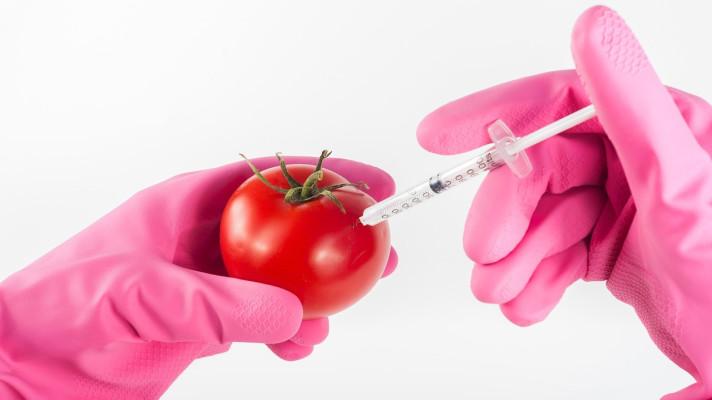Synthetic biology: key policy issues and options
Synthetic biology (SB) is the design of new biological parts or systems. It could be influential in finding solutions to environmental challenges, but there are also concerns it could be hazardous. A new study has investigated the issues surrounding the application of SB and suggested policy strategies to oversee this area.
Although SB is a relatively new science, policy makers should consider its potential impacts prior to large-scale market development. Already the construction of a completely artificial cell is underway. SB is expected to provide benefits in several sectors, including environmental protection. For example, SB could help produce carbon-neutral biofuels and synthetic microorganisms could clean up hazardous pollutants. However, there are fears that the same technology that offers these benefits is also capable of creating human and environmental hazards. Policy makers must therefore look for ways to maximise the benefits of SB while minimising the risks to society and developing SB responsibly.
The study analysed evidence and interviews with experts on previously similar policy dilemmas around biotechnology and nanotechnology to identify four areas of potential difficulty for policy.
Intellectual Property (IP) - There is ongoing debate in SB between those who believe open access to SB research would accelerate its development and those who advocate tighter intellectual property protection, such as strong patenting. Although impacts on innovation of these two regimes are unknown, open source could lead to the misuse of the tools and information by the wrong people, such as terrorists. Currently the academic community appears to be taking primarily an open source approach and have created a Registry of Standard Biological Parts, but this is likely to change. Demand for patents will be greatest in sectors with the highest profits, such as high-value chemicals. Patents are likely to create prominent barriers in synthetic biological systems, as each part of the system will require a patent.
Biosecurity - There is potential for misuse of SB, for example, 'biohackers' or bioterrorists could use SB technology to recreate dangerous viruses or make them more hazardous. Biosecurity issues depend on IP regimes. For example, an open source movement allows researchers greater access to SB information, but it also increases the chance of information getting into the wrong hands. Biosecurity risks are greatest for SB used in the medicine and chemical sectors, but environmental SB could also be manipulated to cause environmental disasters.
Biosafety - This is the potential for unintended release of synthetic organisms that pose a threat to the environment or health. Already the SB community appears to be taking a self-regulatory path to prevent biosafety risks. However, the NGO community and other groups believe that a more open and external governance process should be employed. SB used for medicine is likely to be contained in laboratory and clinical settings so there is less risk around its use in this area than for applications in the environmental, agricultural and consumer areas, which are of greater concern for biosafety.
Ethical Considerations - Several committees are examining the ethical implications of SB. Many of the ethical dimensions will be irresolvable, for example, some stakeholders will be opposed to tampering or interfering with life on religious and moral grounds. However, policy can allow for better understanding and respect for views through public engagement.
Finally the study proposed four possible policy stances: promotional (positively encourages SB development), permissive (remains neutral towards SB), precautionary (slows down SB development) and preventive (blocks SB). These policy options should not be adopted across the board but used appropriately in different sectors and technologies given the above issues. For example, the use of artificial living cells in the environment could be banned whilst their use could be permitted in chemical synthesis in the energy sector where it poses less biosafety risk.
Source: Kuzma, J. & Tanji. T. (2010) Unpackaging synthetic biology: Identification of oversight policy problems and options. Regulation & Governance. 4:92-112.
Contact: kuzma007@umn.edu
